The High Court has issued conservatory orders temporarily barring the National Police Service (NPS) from deploying teargas, pepper spray, or other crowd-control measures against peaceful and unarmed demonstrators under specific circumstances.
The ruling, delivered by Justice Bahati Mwamuye on Thursday, June 27, 2025, comes amid heightened concerns over police tactics during ongoing demonstrations across the country.
The orders stem from a petition filed on Wednesday by the Kenya Human Rights Commission (KHRC), which challenges the use of force by police against demonstrators exercising their constitutional right to assemble and protest.
In the interim directive, the judge restrained police from disrupting access to medical services by peaceful and unarmed demonstrators through the use of force or chemical agents, such as deploying teargas, pepper spray, or other crowd-control measures against them, particularly in enclosed or poorly ventilated spaces.
“A conservatory order be and is hereby issued restraining the 1st Respondent and all Officers and Personnel of the National Police Service… from disrupting access to, receipt of, or delivery of medical services by deploying teargas, pepper spray or similar chemicals, water cannon, crowd-control measures, or any other disruptive means,” Justice Mwamuye ruled.
High Court bars police from deploying teargas in closed spaces
Additionally, the court barred the use of such force against protesters who have taken shelter in closed or semi-closed spaces, including vehicles or buildings with limited ventilation and exits.
Also Read: Win for Media Stations as LSK Secures Conservatory Orders Against Govt
This part of the order aims to prevent fatalities or serious injuries that could result from the deployment of crowd-control agents in confined environments.
“A conservatory order be and is hereby issued… from deploying teargas or similar chemicals, water cannon, or other crowd-control measures against unarmed and peaceful persons… who have thereafter entered into or taken shelter in vehicles, closed or semi-closed spaces, or areas with limited ventilation or limited avenues of safe and orderly exit,” the judge ruled.
Justice Mwamuye further directed that the respondents—including NPS and other state agents acting in concert with them—be served with the petition and the court order by the end of the day on Friday, June 27. They are expected to respond by July 11, 2025.
The court also scheduled the hearing of the main application on August 11, 2025, where written submissions from both parties will be highlighted during an open court session.
The ruling comes after at least 16 people were killed in nationwide demonstrations on earlier this week, according to Amnesty International and the Kenya National Commission on Human Rights.
June 25 protests
Thousands of Kenyans took to the streets to commemorate last year’s youth-led demonstrations against tax rises in which at least 60 people were killed by security forces, according to rights groups.
Also Read: Kenya Issues 15-Point Statement to Western Embassies After Gen Z Protests
Another 400 people were injured on Wednesday, including protesters, police and journalists
Demonstrators had clashed with police, who lobbed tear gas canisters and wielded batons.
Meanwhile, the United Nations Human Rights Office has expressed deep concern over reports of multiple fatalities and injuries during the Wednesday nationwide protests in Kenya.
In a statement released on Thursday, the UN rights body called for urgent investigations into the conduct of law enforcement officers, especially following reports that some protesters suffered gunshot wounds.
“We are deeply concerned by reports of several deaths of protesters and many more injuries – of protesters and police officers – during demonstrations in Kenya on Wednesday,” the UN Human Rights Office said.
The office reminded Kenyan authorities that the use of lethal force by police must adhere strictly to international human rights standards.
Follow our WhatsApp Channel and X Account for real-time news updates.







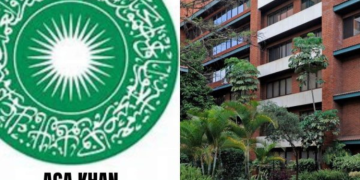









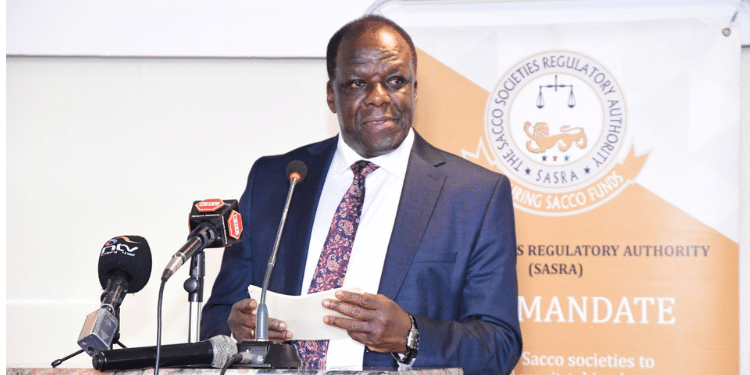



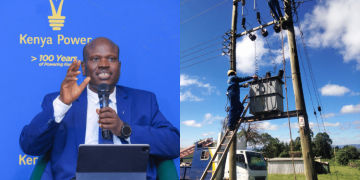
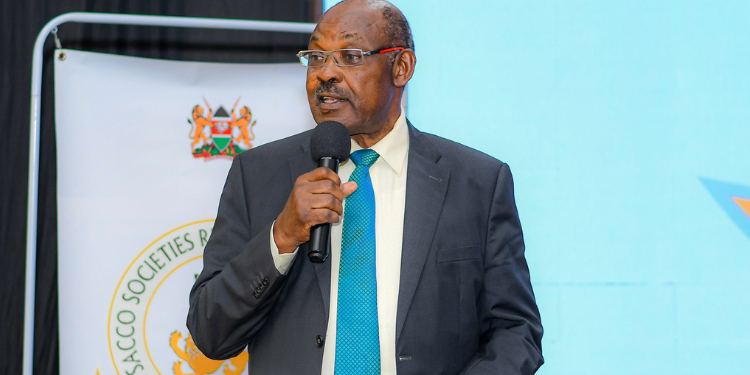































![Senator Allan Chesang And Chanelle Kittony Wed In A Colourful Ceremony [Photos] Trans Nzoia Senator Allan Chesang With Channelle Kittony/Oscar Sudi]( https://thekenyatimescdn-ese7d3e7ghdnbfa9.z01.azurefd.net/prodimages/uploads/2025/11/Trans-Nzoia-Senator-Allan-Chesang-with-Channelle-KittonyOscar-Sudi-360x180.png)

















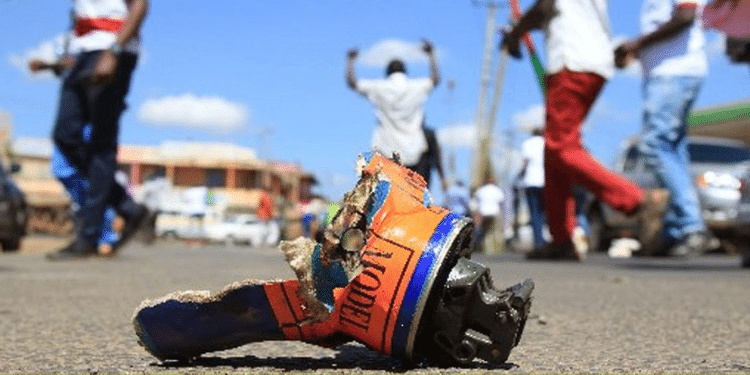




For the reason that the admin of this site is working, no uncertainty very quickly it will be renowned, due to its quality contents.